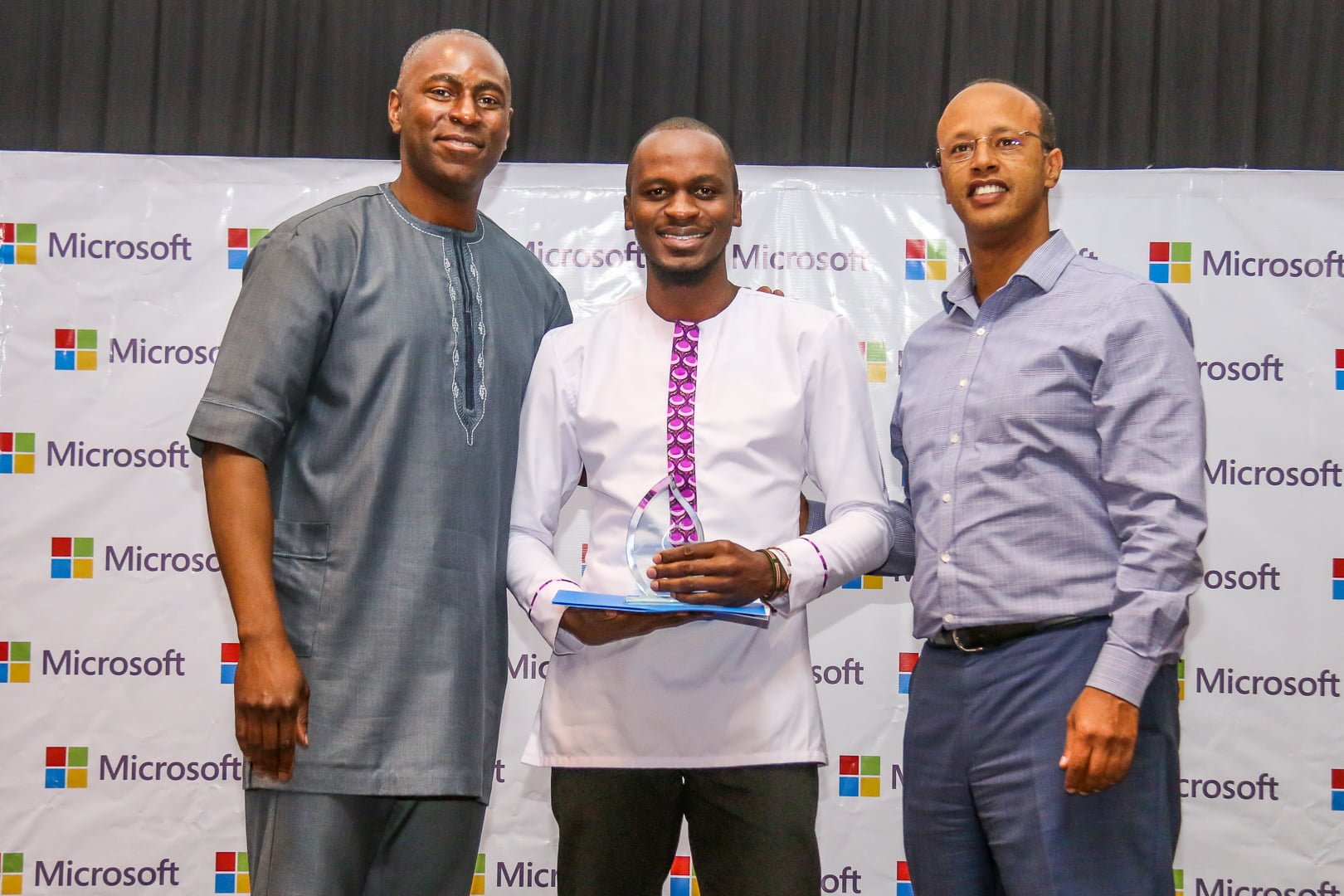
One year ago, at its first-ever NexTech Africa conference, Microsoft announced the launch of its Windows #Insiders4Good East Africa Fellowship. Launched as part of the global Windows Insider Program, the Fellowship program began in Nigeria in 2016, the program aims to listen, learn and uplift those wanting to build businesses in parts of the world where technology is often used in very different ways compared with developed nations.

The main objective of the #Insiders4Good is for Microsoft to look for entrepreneurs like problem-solvers who think deeply about the issues confronting their communities, visionaries who create solutions that could address these issues, and leaders that grow opportunities for their solutions to thrive in the market; those who’s work can improve the lives of your East Africans and has the potential to impact the world.
A few months later, in June 2017, the Fellows began their journey together, starting with an intensive week-long “boot camp” led by Windows Insider Program chief Dona Sarkar. Yesterday evening, Microsoft celebrated the achievements of 20 East African entrepreneurs.
The Fellows have since received support from Microsoft and the broader Windows Insider community including hardware, software, tailored mentorship and access to Microsoft’s global network of people and organizations spanning nearly every industry and geography. As #Insiders4Good Fellows, they have been immersed in a journey of strategic thinking.

Bambo Sofola, Microsoft Director of Software Engineering at Microsoft, reflected that after an insightful and rewarding experience supporting entrepreneurs from Nigeria in 2016, it only made sense to open the programme up to East African entrepreneurs with promise.
“Just as the Fellows have learned from the programme, we at Microsoft have gained invaluable insights as well. From working with each entrepreneur, we’ve been able to deepen our understanding of how we can adapt and improve our product offerings to better support and provide optimum opportunities to future fellows.”
This year, the Fellowship surfaced a variety of ideas. Some of these include:
Irving Amukasa, for example, who developed “Sophie Bot” – a “digital assistant for sexual health.” By providing access to clear and accurate information confidentially through Sophie Bot, Irving hopes to empower people to take better care of their sexual health.
Caleb Ndaka, also from Kenya, launched the “Kids Comp Camp” before applying for the Fellowship. By helping children and their parents in rural areas to learn how to code at low cost, Caleb hopes they will gain opportunities for employment and advancement that they would not otherwise have had.
Rosine Mwiseneza, from Uganda, is developing ultra-affordable “Smart farming” tools, aimed at farmers in drought-stricken areas. Her system will enable them to automatically monitor soil and weather conditions to manage their irrigation more effectively. This will enable them to manage watering systems automatically, and by targeting their resources at the most favorable crops, and only irrigating when absolutely necessary, it will greatly reduce their costs and improve their productivity.
“We look forward to what the next cohort of Fellows will bring. And we are excited to continue working with and seeing the new graduates continue making a difference.” Sofola said.




















